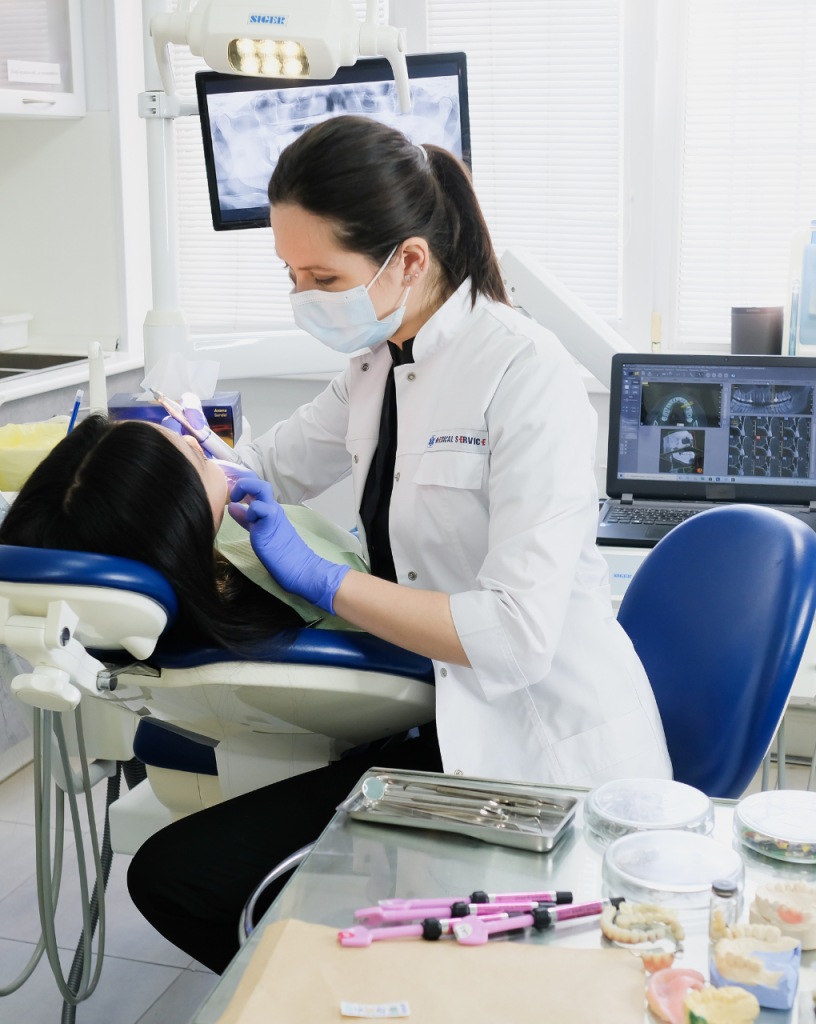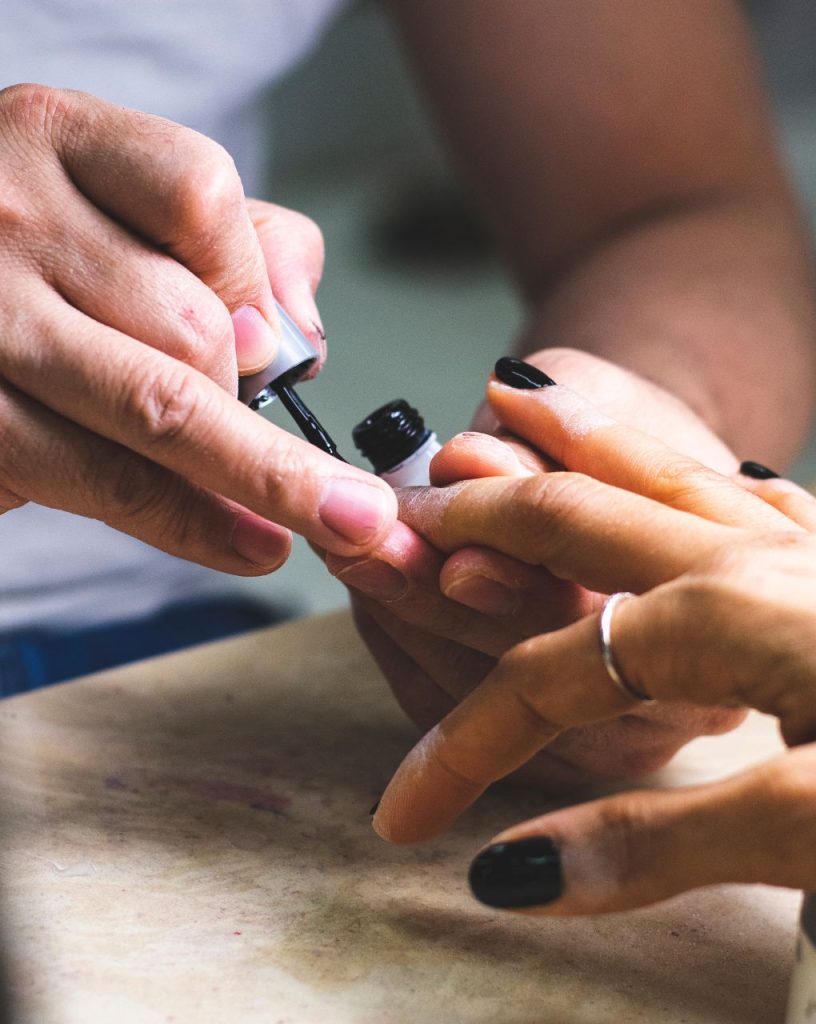- Home
- Health Topics
- Infectious Disease — Prevention and Control
- Infection Prevention and Control (IPAC)
Infection Prevention and Control (IPAC)

IPAC is committed to public wellness and safety by advocating for best practices in infection prevention and control in all settings.
On this page
Infection prevention and control (IPAC) complaints
For complaints or inquiries, call 519-900-9600 during our business hours.
Infection Prevention and Control (IPAC) Lapse Disclosure
General IPAC resources
- Mandatory Blood Testing Act
- Routine Practices and Additional Precautions for Health Care Workers — PHO Infection Control
Site-Specific IPAC resources — Professional Settings
Dental

IPAC Checklist for Dental Practices (Public Health Ontario)
This Infection Prevention and Control (IPAC) checklist:
- helps guide public health units (PHUs) and regulatory colleges in conducting inspections/assessments/investigations related to IPAC practices.
- supports dental practices in examining, evaluating (e.g., self-assessment) and comparing their current IPAC practices using provincial recommendations.
- does not replace legislative requirements.
Medical

Long-Term Care Homes — Infection Control and Prevention

LTC homes are co-funded by the provincial government and residents who live in the home. LTC homes are regulated by the Ministry of Health and Long-Term Care. The ministry also conducts inspections of LTC homes to ensure they are being operated in compliance with provincial legislation and regulations and that residents receive proper care.
Daycares and Preschools

Under the Ontario Health Protection and Promotion Act, the Haldimand-Norfolk Health Unit works with licensed child care centres across Haldimand County and Norfolk County to inspect child care facilities and investigate infectious disease outbreaks.
Personal Service Settings

Personal services encompass services from hairdressing and barbering to invasive procedures such as tattooing, piercing and other body modification. Failure to follow IPAC practices can pose a risk of infection to both clients and workers in PSS.

